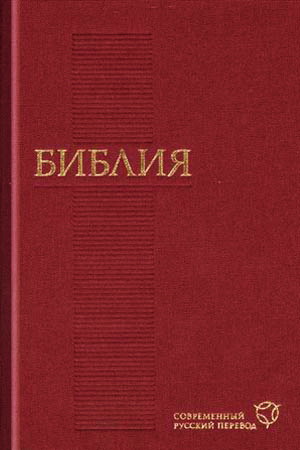
Manser - I Never Knew That Was in the Bible - модуль BibleQuote
Martin H. Manser - I Never Knew That Was in the Bible
A to Z Series. – Nashville: Thomas Nelson Publishers, 1999. - 1731 p.
ISBN 0-7852-1378-3
Despite the availability of many new translations and paraphrases of God’s Word, the venerable King James Version still posts significant sales each year. Wholly apart from its achievement as an accurate translation accessible to the ordinary people of its day, the King James (or Authorized) Version lives as a specimen of the English language unsurpassed in its grace and beauty.
But even as time and history refuse to stand still, so also the living English language refuses to freeze in time. Words and expressions once common become fully obsolete, or they take on new meanings—meanings at times opposite to those of an earlier time. Especially in such cases, the casual reader of today may read a word from the sixteenth century but give to it a contemporary meaning and think nothing of doing so. The reader’s current meaning may still make sense within the sentence, but it will not be the sense intended by the sixteenth-century writer. To the extent this is true, communication breaks down, and what the writer wished to say is, in part or whole, lost.
Readers of the King James Version want to understand it accurately and fully. And because the English language has changed a great deal in the last four centuries, they need an authoritative guide that will help them make proper sense of the words and phrases that are rarely or never used by speakers of English today, as well as alert them to expressions whose common meanings today differ from those of the past.
To meet this need, Thomas Nelson is pleased to release this fully revised and updated edition of a volume that since 1994 has provided such information for all users and lovers of the King James Bible—The King James Bible Word Book. Originally published in 1960 as The Bible Word Book, this volume served as a dictionary dedicated specifically to the King James Version. Its 800 articles on the King James words and phrases most affected by changes in English offered casual readers and students, ministers and scholars unique and valuable information not available in any other volume. This new edition, I Never Knew That Was in the Bible, adds more than 300 new entries, including a large number of phrases commonly heard in everyday speech but not often recognized as having been used in the King James Bible. With the addition of some lighthearted cartoons, this volume joins Nelson’s Ultimate A-to-Z ™ Resource series.
* * *
This book is concerned with words and phrases used in the King James Version of the Bible. The King James Version has had a profound effect on the English language, and this volume seeks to describe two aspects of such an effect.
First, it describes those words that have become obsolete or archaic, or have changed in meaning or acquired new meanings, so that they no longer convey to the reader the sense which the King James translators intended them to express. Most of these words were accurate translations in 1611, but they have become ambiguous or misleading.
Secondly, it describes many phrases that have become an established part of the English language and which are often used without the speaker or writer being aware of their biblical origins.
The language of the King James Version of the Bible was sixteenth-century English, for it was a revision of English versions that went back to Wycliffe in the late fourteenth century and to Tyndale and his successors from 1525 on. And it was sixteenth-century English at its best—"the noblest monument of English prose." There is general agreement with the verdict of its revisers in 1881, who expressed admiration for "its simplicity, its dignity, its power, its happy turns of expression … the music of its cadences and the felicities of its rhythm."
Yet the development of biblical studies, the discovery of ancient manuscripts, and the new knowledge of Bible lands and languages gained by archaeology have made its revision desirable; and the changes in English usage have made it necessary. The Revised Version was published in 1881-1885, the American Standard Version in 1901, and the Revised Standard Version in 1946-1952. In more recent years many contemporary translations have been published: the New American Standard Bible (1960-1977, 1995), the New International Version (1973, 1978, 1984), the New King James Version (1979, 1980, 1982, 1990), the New Century Version (1987, 1988, 1991), the New Revised Standard Version (1989), the Contemporary English Version (1995), and the New Living Translation (1996).
* * *
ONCE
"Woe unto thee, O Jerusalem! wilt thou not be made clean? When shall it once be?" cries Jeremiah in the KJV translation of Jeremiah 13:27. "Once" is used here in the sense of "ever."
The majority of the contemporary versions conflate the last two sentences, to give a translation such as "Will you still not be made clean?" (NKJV); "How long will you remain [NIV, "be"; NCV, "continue being"] unclean?" (NASB, NIV, NCV); the NRSV and NLT have "How long will it be before you are made clean [NLT, "before you are pure"]?"; the CEV has "Will you ever be worthy to worship me again?"
The Preface to the KJV, entitled "The Translators to the Reader," in the first sentence of the second paragraph, uses the word "once" in this same sense of "ever": "in some Commonweals it was made a capital crime, once to motion the making of a new law for the abrogating of an old, though the same were most pernicious."
SECONDARILY
The word "secondarily" is used in an obsolete sense in the KJV translation of 1 Corinthians 12:28: "first apostles, secondarily prophets." The Greek simply means "second" or "secondly," without the connotation of subordinate importance which "secondarily" now conveys. The NRSV translates, "And God has appointed in the church first apostles, second prophets, third teachers; then deeds of power, then gifts of healing, forms of assistance, forms of leadership, various kinds of tongues."
Shakespeare’s Much Ado About Nothing (V, 1, 211), has an example of the use of "secondarily" in this obsolete sense: "they have spoken untruths; secondarily, they are slanders; … thirdly, they have verified unjust things; and, to conclude, they are lying knaves."
TRIBUTE
The word "tribute" refers to the tax paid by a subject state or vassal in token of submission or as the price of peace and security. The KJV does not use the word in the derived sense of "compliment" or "praise." Almost half the occurrences of the word "tribute," however, are due to the KJV’s use of it for the Hebrew mas. which means "forced labor." The revisers in the 1870s were aware of this, and chose the term "taskwork." This term, however, is a little too weak for the grim reality.
For "a servant unto tribute" (Genesis 49:15, KJV) the NASB, NRSV, and RSV have "a slave at forced labor"; for "put the Canaanites to tribute" (Joshua 17:13; Judges 1:28, KJV), they have "put the Canaanites to forced labor." "Adoram was over the tribute" (2 Samuel 20:24, KJV) reads in the NIV, NRSV, and RSV as "Adoram was in charge of [NRSV, RSV, "of the"] forced labor" (cf. 1 Kings 4:6).
"And this is the reason of the levy which king Solomon raised" is rendered by the NASB as "Now this is the account of the forced labor which King Solomon levied." The passage which begins with these words, 1 Kings 9:15–22, is a summary list of Solomon’s vast building operations and of the human material he employed.
"Upon those did Solomon levy a tribute of bondservice unto this day" in verse 21 reads in the NRSV, "these Solomon conscripted for slave labor, and so they are to this day."

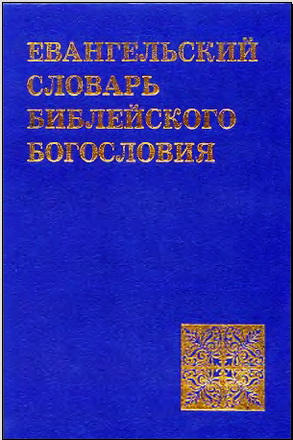
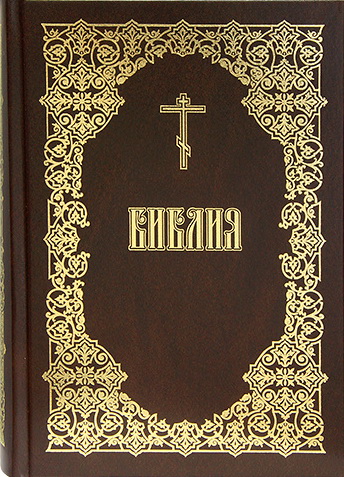
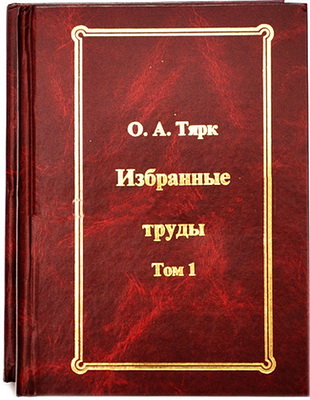
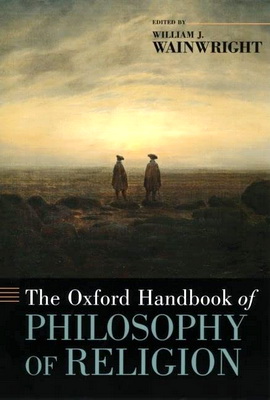
Комментарии
Пока нет комментариев. Будьте первым!